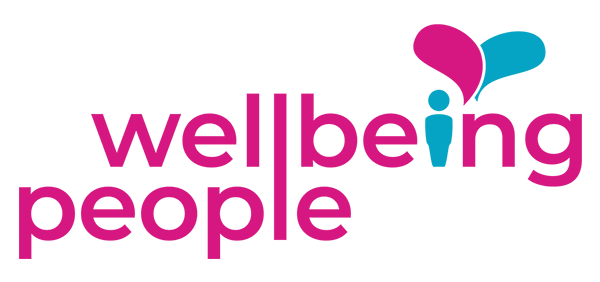We are regularly told that we should be getting the recommend 8 hours of sleep a night in order to function at our best!
However, over half the world’s population are sleeping less than 7 hours per night according to the 2018 Global Relaxation Report. And the average British adult gets around 34.5 minutes less sleep a night than those in other countries. This adds up 210.2 hours a year – or an incredible 8.76 days*
Getting enough quality sleep is essential for our wellbeing but sleep is so often not seen as a priority for many people. So many factors can and do affect how much and how well we sleep: stimulants such as coffee and energy drinks, electronic devices such as mobile phones and alarm clocks as well as stress and life pressures.
quality sleep - Don't Let Sleep Deprivation Compromise Your Health
Sleep deprivation can have serious consequences on our mental and physical health.
High blood pressure, diabetes, heart attack and stroke are some of the more serious problems that chronic sleep deprivation can have on our health. Obesity, impaired memory, depression and lack of motivation are also symptomatic of poor sleep. Studies show that the stress hormone cortisol is raised with lack of sleep. This can affect our appearance too as cortisol can break down collagen, the protein that keeps skin smooth, leading to premature wrinkling and dark under eye circles.
Unlock the Power of Quality Sleep
Prioritising not only the quantity, but the quality of sleep, ensures you wake feeling rested, recharged, and ready to conquer the day.
The quality of our sleep refers to how well we sleep. Our brains go through various stages of activity during the night and each sleep stage is important for our health and wellbeing. Deep sleep is essential for feeling rested and staying healthy. The average healthy adult will get around 13% to 23% of deep sleep during an 8 hour sleep. During deep sleep cycles our body completes most of it’s restoring and repairing. This is where our nervous system goes into reset mode. Without sleep the body can’t clear the mental and physical stressors of the day to return to homeostasis. This means your resilience will diminish, not from the amount of stress you’re experiencing, but from your inability to rest and restore.
Signs that your sleep quality needs some improvement according to the Sleep Foundation:

It's Time for a Sleep Upgrade - Improve Immunity, Mood, and Energy Levels
Optimising the time you spend in bed will undoubtedly enhance your mental, physical and emotional fitness. Here are a few ways to improve your sleep and enhance immunity, mood, and energy levels.
Wellbeing People deliver a range of workshops and webinars with topics around sleep, nutrition and relaxation for business and organisations.
References and further reading
You may also be interested in...
